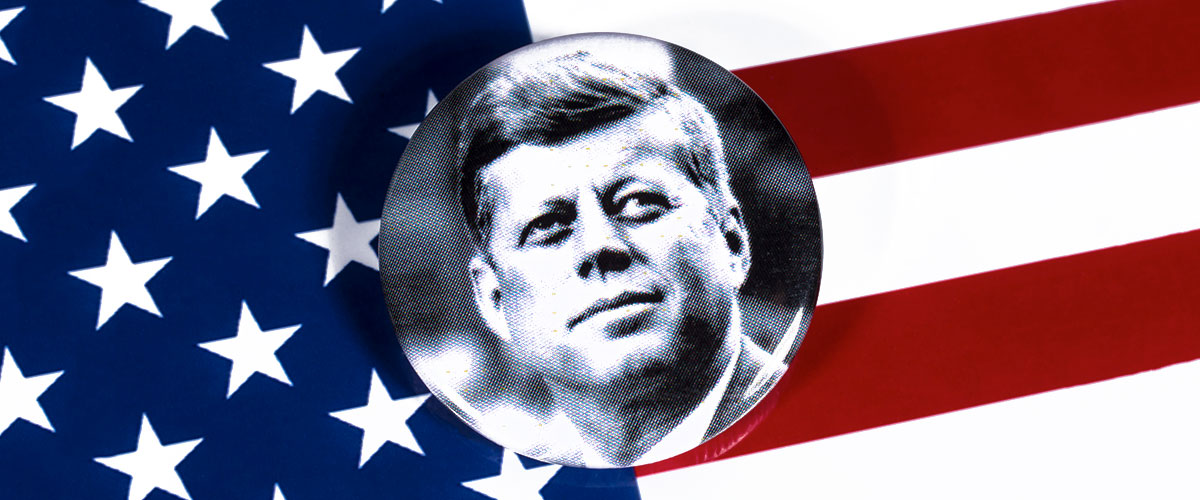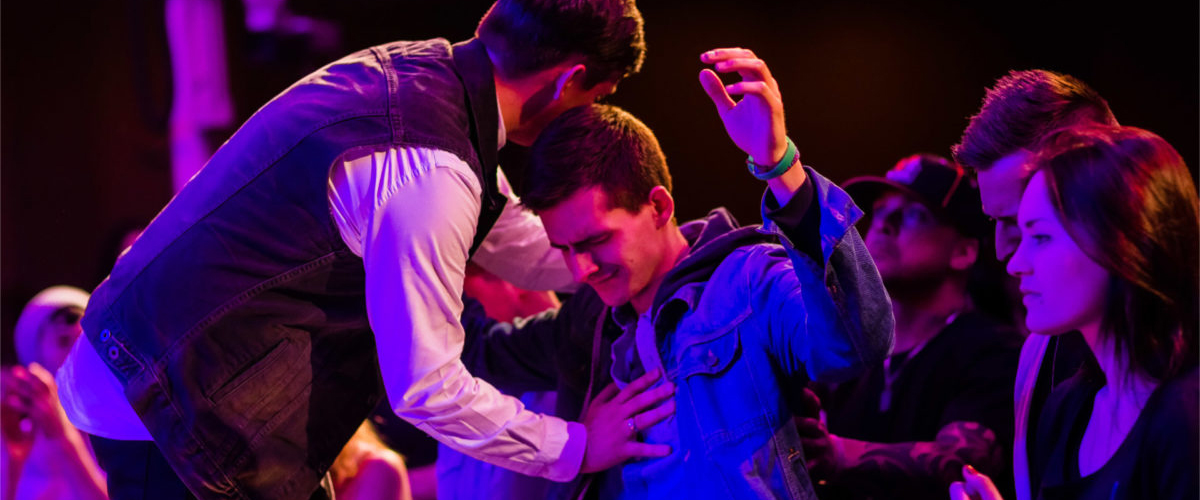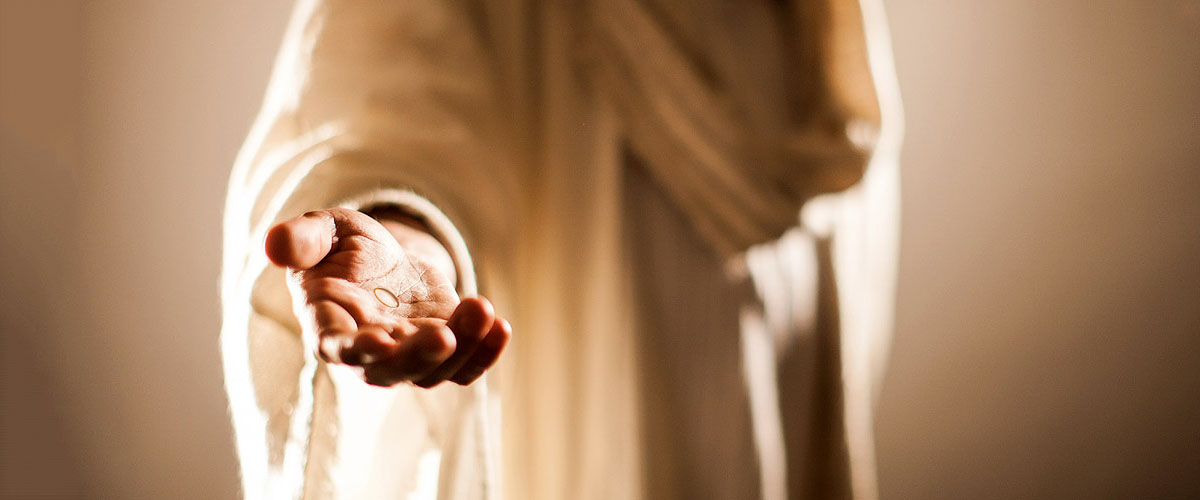It was quiet as they swam, except for the grunting of their commander. He couldn’t say anything to his crew, because he was swimming with a strap between his teeth. He’d done his talking earlier, right after their patrol torpedo boat, PT-109, had been rammed and sunk by a Japanese destroyer. Two crewmen were dead, ten remained. They were alone in the Pacific waters of the Solomon Islands without a boat, and it was 1943, right in the thick of World War 2. Capture was inevitable, death was preferable, but there was one other option: swim. Swim for an island five kilometers away and hope they aren’t spotted. And so they swam in silence, their commander pulling a badly burned crewman behind him by clenching the man’s life jacket strap in his teeth.
He had soaked himself in a sense of purpose, calling and destiny.
As they swam, his body screamed with each stroke. It was his back – he’d ruptured a spinal disk. He’d had a bad back (and basically a bad body) since he was a boy, spending days, weeks, months, flat on his back in a hospital bed, while others ran, played, lived. But he’d read books. Stories of courage, acts of bravery and men who had made their mark on the world. He had soaked himself in a sense of purpose, calling and destiny. Not many saw it within him; even his own family had groomed his older brother to take the family name forward. His character would have to be forged through personal hardships and suffering.
And now he had his moment.
Somebody needed to swim again, under the cover of night, and try to flag a passing American torpedo boat.
They swam the five agonizing kilometers and hauled themselves ashore on a coral island, 90 meters in diameter with six palm trees on it, where they collapsed onto the beach. They were there, but still in a lot of trouble, needing to find someone on their side or risk being found by someone on the other one. Somebody needed to swim again, under the cover of night, and try to flag a passing American torpedo boat. The commander nominated himself, swimming out over the next two nights into the ocean passage with a waterproof flashlight, where he would tread water for hours, waiting, hoping. With no sightings, he and a crewman risked the swim to a nearby island where they found a canoe, some Japanese supplies and two local islanders who’d come to gather coconuts. An SOS message was etched into a coconut shell and carried by the locals, who returned the next day with a message from an Australian coast watcher: help was on its way. The commander and his ten crewmen were injured and weak, but they’d been saved.
He carried on fighting the war before being hospitalised for his back injury, then sent home as a hero. His name was John F. Kennedy, and he went on to become the 35th president of the United States. The coconut shell was used as a paperweight on his desk in the Oval Office.
Lessons from Kennedy’s Leadership
Kennedy was a complex man, but a brave one. He lived during one of the most eventful, volatile, tipping-point periods of modern history, literally preventing a global nuclear war in 1962 by the sheer strength of his ability to negotiate with his Soviet Union counterpart. He died far too young, at 46, at the end of an assassin’s bullet, but was an inspirational leader by any metric.
Living for God’s kingdom.. requires boldness, a willingness to sacrifice, and the desire to do something for the good of others.
Living for God’s kingdom on this earth requires bravery and leadership. It requires boldness, a willingness to sacrifice, and the desire to do something for the good of others. It requires action, not just talk. We look to Jesus as our great commander, but I believe we can also take courage and learn lessons from people who have made great contributions to others on this earth. John F. Kennedy was such a man, and his leadership speaks to us in two ways.
1. He Led Selflessly
Firstly, he led by acting selflessly. On his boat, he’d been given a job to do, which was to fight bravely and get his men home safely. He was a man under orders and with a responsibility, and in his moment of truth, he took action. He did not ask anyone to do anything that he was not willing to do himself, and made the most difficult tasks his own. We live in a generation where the primary goal seems to be avoiding that very thing – an environment where we’re encouraged to rise to a place of prominence so that we can avoid undesirable workloads. But this is not the way of the kingdom. After all, Jesus took the lead in unwanted jobs, washing feet (John 13:1-17) and even physically protecting His disciples (John 18:8-9). Why was Jesus exalted to the highest place after His resurrection? According to Philippians 2:5-11, it was because He obeyed His instructions, submitting to God humbly and leading selflessly. The result? Twelve disciples were transformed from timid, skittish runaways into brave, sacrificial men under His leadership. Jesus modeled it, and it called those He led into the same lifestyle.
2. He Expected Participation
Secondly, Kennedy unashamedly required people to serve. ‘And so, my fellow Americans,’ he said during his inaugural speech, ‘ask not what your country can do for you. Ask what you can do for your country.’ It’s a famous quote today, but while he was campaigning, the idea was revolutionary. Most politicians enter public office on the promise of benefits for all who support them, but Kennedy called on people to contribute, to sacrifice, to serve. And guess what? It didn’t burden people – it emboldened them. It gave the nation a sense of purpose. It stirred up something in them that was meant to be activated. He knew that people are made to be useful in service of a greater cause – to do something that benefits others – and he was unafraid to ask for it.
We were built to expend effort for the sake of others, and when leaders mobilise us into action, we come into a new sense of meaning in life.
It should be the same in the kingdom of God. As we take the lead in selfless serving, we should give people the gift of envisioning them as to the beauty of purposing their lives for the greater good of others. Jesus required His disciples to feed the five thousand (Matthew 14:16) and sent people into towns (Luke 10:1-23). He modeled service and then unapologetically required it. They were doing it for Him because He’d asked them to, and when we answer the call to serve for our Lord Jesus, we find that He gives us energy and purpose. We were built to expend effort for the sake of others, and when leaders mobilise us into action, we come into a new sense of meaning in life.
John F. Kennedy was not any kind of spiritual leader or example of a man devoted to God, but we can learn something about leadership from him. He took his moment. It was the opportunity to be brave and to lead by example, and it caused him to bring the same out of others. We live with the potential to do the same – the chance to lead by doing, to serve without complaint, to sacrifice for something bigger. But our opportunity is not for an earthly nation or a political cause. It’s for the King of all kings and for the cause of His gospel.
Let’s take courage, and take our moment.
Image Copyright: chrisdorney / 123RF Stock Photo











